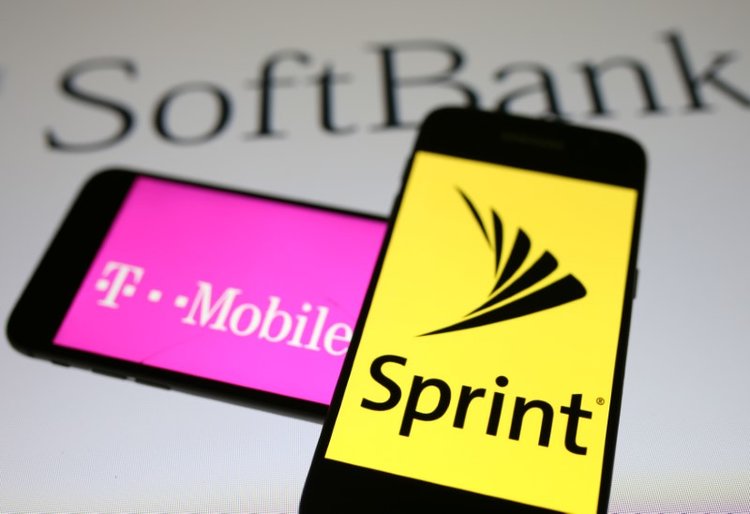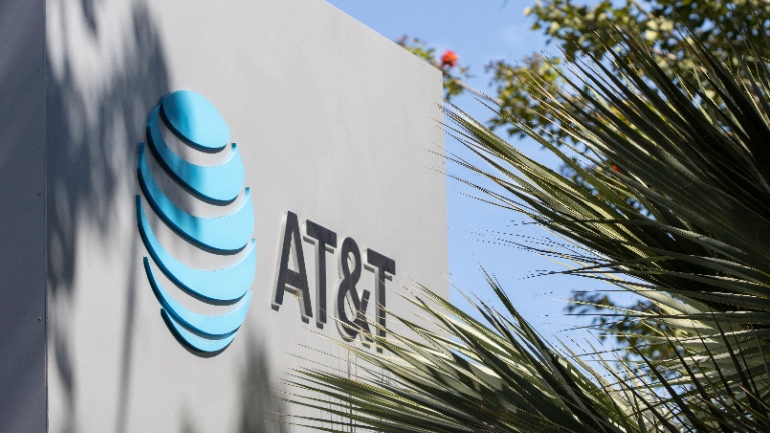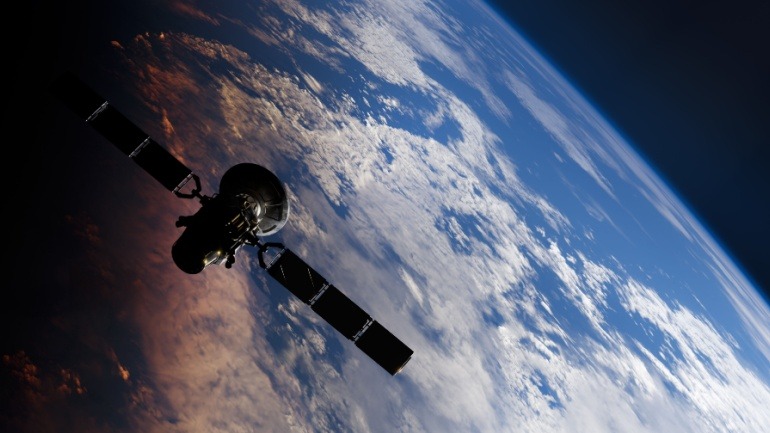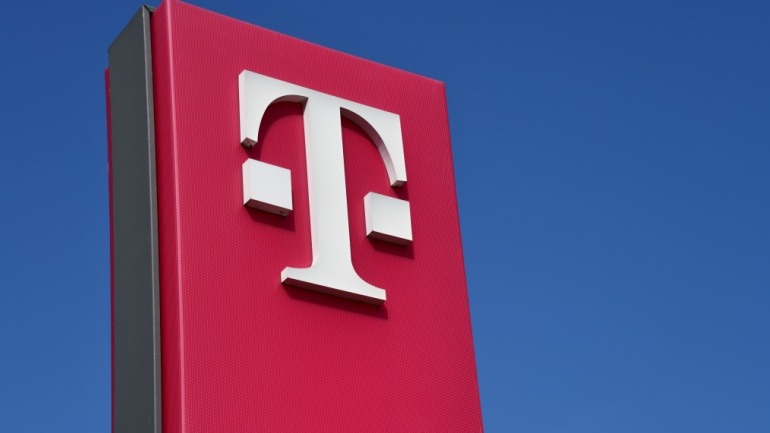Sprint and T-Mobile, two important mobile operators in America, have resumed discussions on a merger of their activities in the United States. In the world of telecoms, it seems that there are some things that never end. In the US, the prospect of a marriage between the mobile operators, T-Mobile and Sprint, regularly makes headlines. According to the Wall Street Journal, discussions have recently resumed between these two players, respectively number three and four of the market, behind the unstoppable tandem formed by the giants Verizon and AT&T. According to the business daily quoting sources familiar with the matter, the negotiations are “at a preliminary stage”. With all the failures of mergers that they faced in the past, we understand that the two boards are cautious … As a reminder, the two actors had once again attempted to join forces late last year. But they failed to reach an agreement, ending their…
The National Advertising Review Board (NARB) has urged AT&T to revise its claims about its Supplemental Coverage from Space (SCS) following a challenge from T-Mobile US. AT&T’s advertisement implied the advanced VoIP service is operational, which is misleading. Transparent communication in the evolving VoIP and satellite communications landscape is essential.
Dish Network’s financial struggles have intensified, leading to the likelihood of not completing a significant spectrum purchase from T-Mobile US. The satellite TV provider, aspiring to expand into mobile networks, disclosed its precarious financial situation, hinting at potential challenges in continuing operations.
Project Kuiper by Amazon is poised to revolutionize the broadband landscape with its Low Earth Orbit (LEO) satellite launch, directly challenging Starlink. With over 3,200 satellites and telecom partnerships, Kuiper promises high-speed, low-latency internet worldwide. This development is a significant contender in the growing LEO broadband market.
Deutsche Telekom’s 2024 results surpassed expectations, with revenue rising 3.4% to €115.8 billion and free cash flow soaring 18.7% to €19.2 billion. CEO Tim Höttges called it “another record year,” projecting continued growth in 2025.
Verizon and AT&T have achieved a breakthrough in satellite connectivity, completing NTN video calls via AST SpaceMobile’s Bluebird LEO satellites. This innovation enhances communication in remote areas, with AST SpaceMobile promising 120 Mbps speeds.
AT&T topped RootMetrics’ second-half 2024 network testing for overall performance at national and state levels. However, Verizon and T-Mobile outpaced AT&T in 5G capabilities. While AT&T excelled in reliability and speed, Verizon led in 5G experience, and T-Mobile dominated availability.
Ericsson has joined the Mobile Satellite Services Association (MSSA) to promote Non-Terrestrial Networks (NTN) and advance direct-to-cellular and IoT communications. This collaboration leverages satellite spectrum to enhance mobile coverage globally. With MSSA’s focus on integrating terrestrial and satellite networks, Ericsson aims to provide seamless, reliable connectivity worldwide.
SoftBank and Nokia have partnered to research cutting-edge communication technologies, focusing on AI-RAN and 6G innovations. By leveraging Nokia’s Cloud RAN and conducting field tests, they aim to transform digital society. This collaboration underscores the critical role of AI in telecommunication, promising scalable and reliable communication networks essential for smart cities.
Point Topic’s recent analysis reveals that global fixed broadband connections will rise to 1.39 billion by the end of this decade. While some regions will reach near-saturation, others will see significant growth opportunities.













